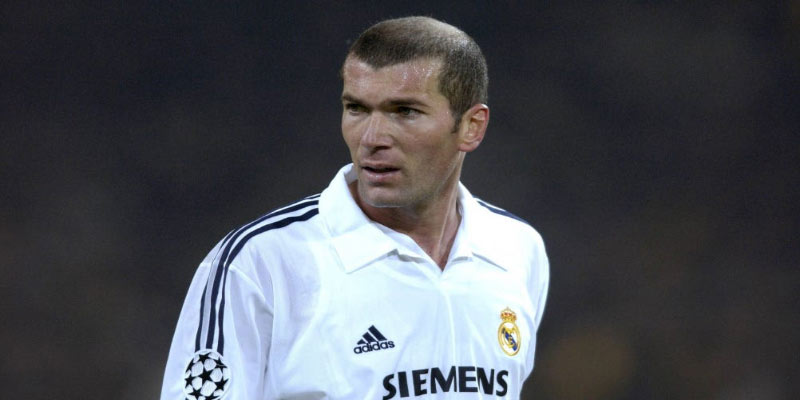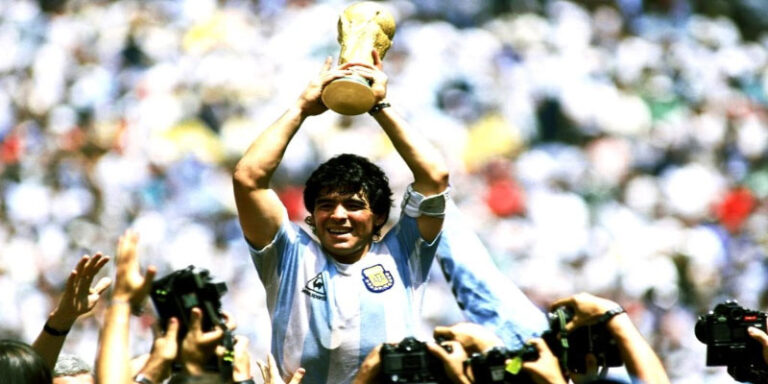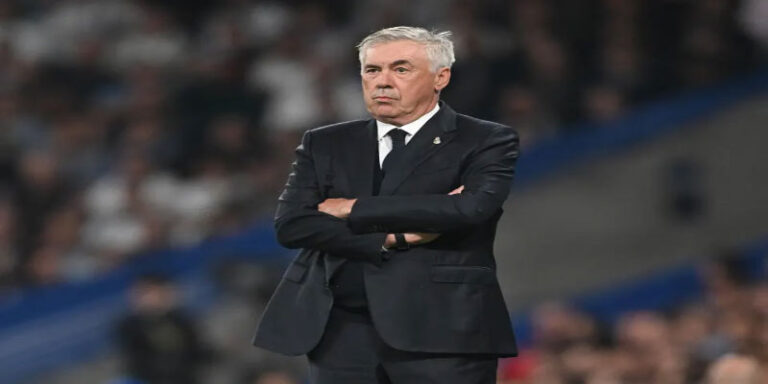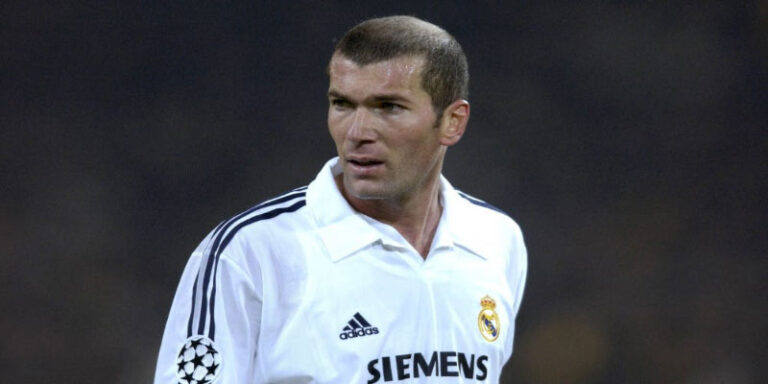
Zinedine Zidane: A Legendary Football Career and Impact
Zinedine Zidane is not just a name in the world of football; it’s synonymous with excellence, artistry, and impactful leadership. Throughout his illustrious career as both a player and a manager, Zinedine Zidane has revolutionized the way we perceive, play, and understand football. This article delves deep into his legendary career, his influence on modern football, the tactical innovations he has introduced, and the myriad achievements that define him as one of the greatest to ever grace the pitch.
Zinedine Zidane: A Legendary Football Career
Zinedine Zidane’s journey in football began in Algeria, where he was born on June 23, 1972. His family moved to France when he was a child, and it was here that Zidane developed his unique style of play and affinity for the game. Zidane’s rise through the ranks of French football seemed meteoric but was backed by sheer dedication and extraordinary skill.
Early Career in France
Zinedine Zidane’s professional football career began at AS Cannes, where he played as a teenager before making a significant move to Girondins de Bordeaux in 1992.
His Skill and Influence at Bordeaux
During his time at Bordeaux, Zidane showcased his remarkable dribbling skills and exceptional playmaking ability, eventually leading the team to win the UEFA Intertoto Cup in 1995.
The Transition to Italian Football
In 1996, Zinedine Zidane made a pivotal move to Juventus in Serie A. Here, he solidified his reputation as one of the best midfielders in the world.
Dominating the Serie A
Zidane’s time with Juventus was marked with spectacular performances, where he helped the club clinch two Serie A titles and reach the UEFA Champions League final in 1997, albeit they fell short against Borussia Dortmund.
The Glory of World Football
Zinedine Zidane’s career truly flourished on the international stage with the French national team.
The 1998 World Cup
Zidane’s most iconic moments came during the 1998 FIFA World Cup in France, where he scored two crucial goals in the final against Brazil, leading France to their first World Cup title.
Legacy of the 2000 European Championships
His success continued with a stellar performance at the UEFA Euro 2000, winning the tournament and further establishing himself as a footballing icon.
Finale at the 2006 World Cup
Zinedine Zidane’s career took a dramatic turn during the 2006 FIFA World Cup.
The Headbutt Incident
In a moment that would both illuminate and cloud his legacy, Zidane was sent off in the final against Italy for headbutting Marco Materazzi. This incident, though controversial, was just one part of his intricate legacy.
A Lasting Impact
Despite the heart-wrenching outcome, Zidane was awarded the FIFA World Cup Golden Ball for being the tournament’s best player, capping off his playing career on the ultimate stage.
Zinedine Zidane’s Impact on Modern Football
Beyond the accolades, Zinedine Zidane has left a lasting impact on the dynamics of modern football.
Reshaping the Midfield Role
Zidane redefined how a midfield player influences the game, bringing creativity and poise to a traditionally combative position.
Vision and Control
His extraordinary vision and control of the ball enabled him to dictate the tempo of a match, inspiring a generation of players to develop similar qualities.
Exemplification of the ‘Number 10’ Role
Zidane’s approach as a classic ‘Number 10’ showcased the balance between artistry and effectiveness, emphasizing that creativity should complement structure and strategy.
Cultural Influence on Football
Zidane transcended the game with his cultural influence, becoming a household name globally.
Symbol of Diversity
As an Algerian-born player who found success in France, Zidane became a symbol of diversity and multiculturalism in football, inspiring youngsters worldwide.
A Role Model
Zidane’s humble beginnings and rise to greatness serve as a motivational tale for aspiring athletes, reinforcing the values of perseverance and dedication.
Legacy in Coaching and Tactics
As a manager, Zinedine Zidane has also impacted football, demonstrating leadership qualities that resonate beyond tactical knowledge.
Adaptation to Team Strengths
Zidane’s approach as a manager at Real Madrid reflects an understanding of leveraging individual player strengths to develop cohesive team dynamics.
Fostering Young Talent
His emphasis on nurturing young talent continues to redefine the narrative of player development in modern football.
Tactical Innovations Introduced by Zinedine Zidane
Having transitioned from player to manager, Zidane employed innovative tactics that have inspired coaches around the globe.
The 4-3-3 Formation
Zidane’s tactical philosophy often revolved around a dynamic 4-3-3 formation that maximized his players’ strengths.
Fluidity and Adaptability
The inherent fluidity in this formation allowed for seamless transitions between attack and defense, accommodating individual player improvisation.
Pressing and Counter-Pressing
Zidane also emphasized high pressing and counter-pressing, applying pressure to opponents to regain possession quickly.
Emphasis on Player Psychology
Zidane understands the psychological aspect of coaching, often fostering a winning mentality among his players.
Building Confidence
Through encouragement and tactical freedom, he has succeeded in instilling confidence in players, allowing them to express themselves on the field.
Managing High-Pressure Situations
Zidane’s calm demeanor and ability to remain collected during high-stakes matches reflect his extensive understanding of sports psychology, proving beneficial for his teams during critical moments.
Creating Tactical Flexibility
Zidane often adapts his tactics to counter opponents effectively.
In-Game Adjustments
His ability to make in-game adjustments showcases his deep understanding of football, a trait that distinguishes leading coaches from the average.
Preparing for Big Matches
Zidane’s meticulous preparation for significant matches illustrates his commitment to tactical excellence and continuous evolution.



